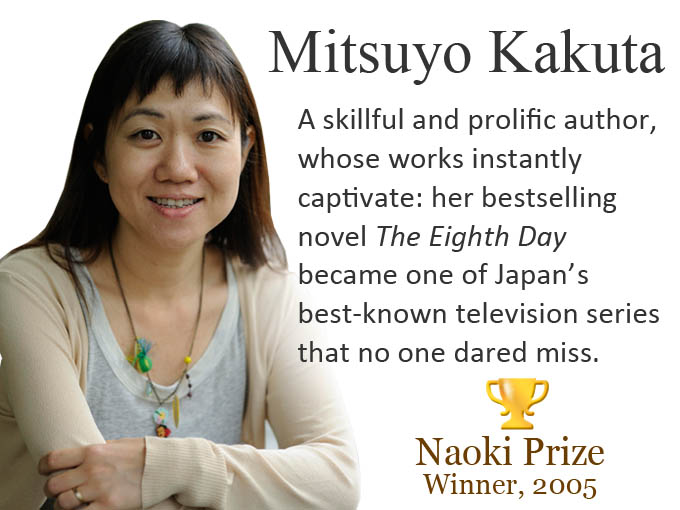His novella, The Wall, won the Akutagawa Prize and established his reputation. His best friend was Yukio Mishima (1925-1970) and he was also a friend of Harold Pinter (1930-2008).
He didn’t give many interviews, but an interesting conversation with him is reported in the New York Times under the headline: Japan’s Kafka Goes on the Road, where his experimental theatre group is discussed.
He and his book The Woman in the Dunes in particular are still popular today amongst some of Japan’s most talented and creative individuals such as the up-and-coming film director Yuka Eda, director and screenwriter of the 2018 crowd-funded film Shojo Kaiko, Girls’ Encounter, and the 2019 TV drama 21st Century Girl.
Eda cites Abe’s The Woman in the Dunes as one of the books that has had the most influence on her and one she returns to when she is looking for inspiration. She says she admires the novel’s kafkaesque tone and narrative style.
Abe is also sometimes compared to Albert Camus (1913-1960) and Samuel Beckett (1906-1989) for the absurdist frameworks he deploys to observe and critique the individual and society in Japan and beyond.
© Red Circle Authors Limited

